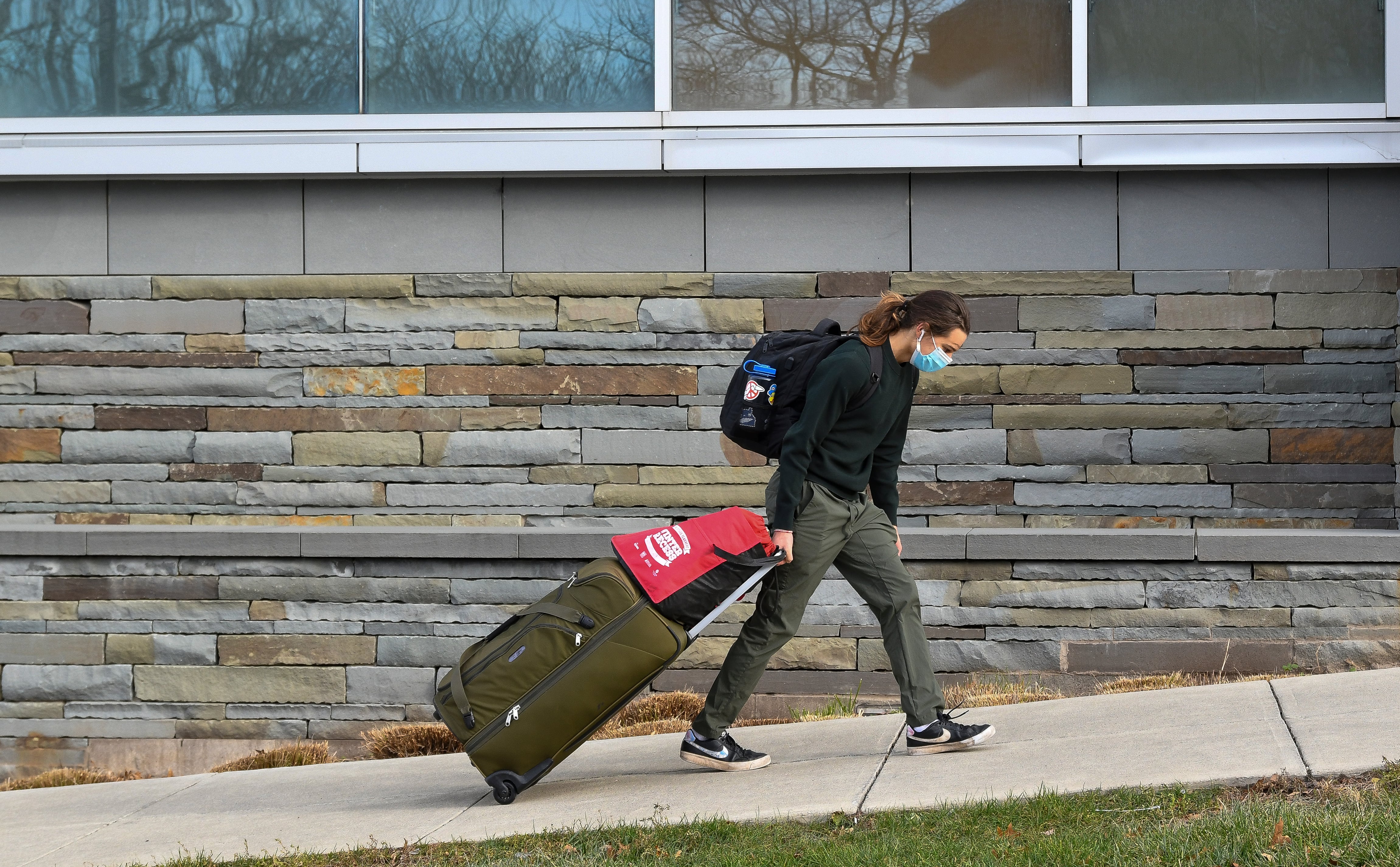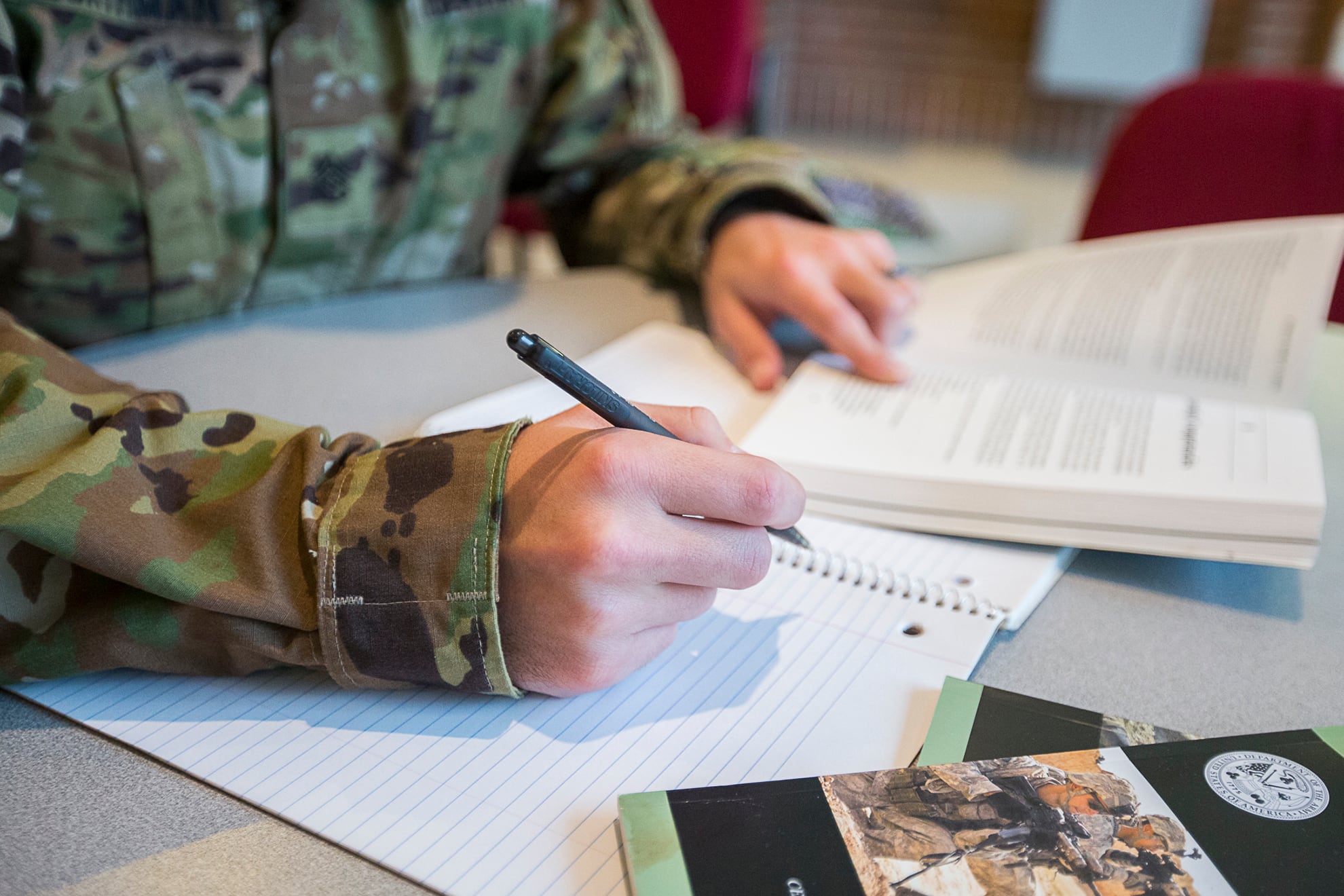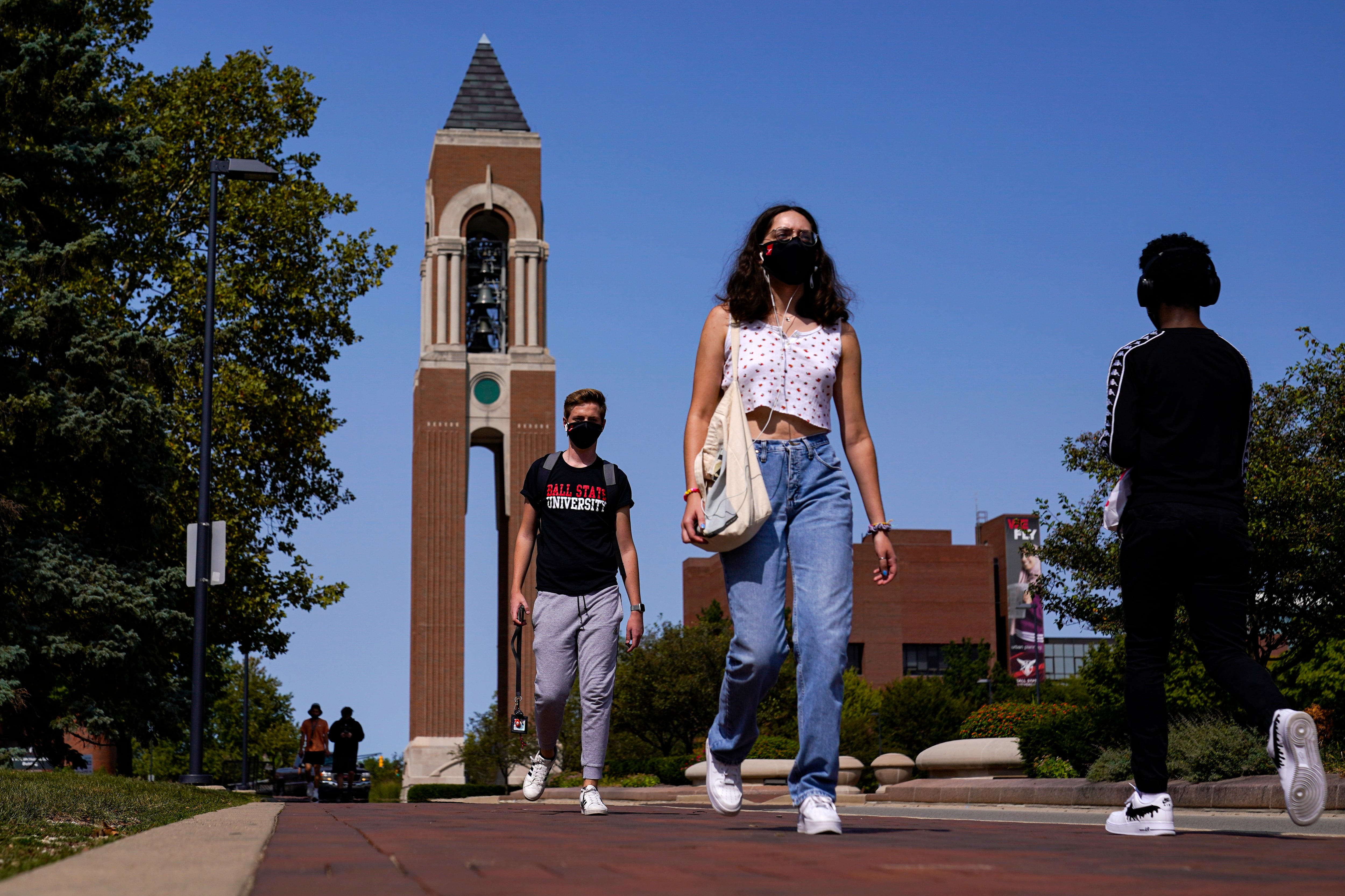When the Covid-19 pandemic in America forced many colleges to shift classes online, Congress granted emergency authorities to Veterans Affairs officials to ensure the changes wouldn’t disrupt veterans’ education benefits.
Now, with most campuses returned to normal operations and those authorities expired, a group of lawmakers wants to grant similar powers to VA leadership in cases of similar future emergencies.
Last week, Reps. Mike Levin, D-Calif., and Nancy Mace, R-S.C., introduced the Student Veteran Emergency Relief Act to take immediate action to protect students’ benefits in cases where the White House declares a national emergency, without having to wait for Congress to act.
“The pandemic exposed the gaps in GI Bill benefits that exist when emergencies cause veterans’ educational programs to be cut short, canceled, or moved online,” Levin said in a statement.
“While we were able to pass several bipartisan bills to protect veterans’ GI Bill benefits during the pandemic, it’s critical that we reauthorize those protections and extend them to any other national emergency.”
RELATED

The main issue is how VA education benefits are paid out to students who attend college classes remotely, rather than in-person.
Students using the Post-9/11 GI Bill — the most popular veterans education benefit — receive money for tuition as well as a monthly housing stipend. Individuals enrolled in traditional in-person classes receive the full financial benefit, while students in online-only classes are granted just half of that housing stipend.
The difference between half of a housing stipend and the full payout can range from a few hundred dollars to nearly $2,000, since the payouts depend on the location of the student and school.
When the coronavirus pandemic forced colleges to shift courses from physical classrooms to internet meeting rooms in spring 2020, nearly all students were reclassified as online-only, triggering a reduction in their housing benefits.
Congress passed legislation giving the VA secretary emergency powers to ignore the change, and keep awarding full benefits to those students. VA officials said nearly 60,000 students would have faced significant financial impact without the moves.
Lawmakers extended that authority several times over the last few years, as education institutions grappled with how and when to bring students back to campus.
In February, as the two-year anniversary of the coronavirus pandemic in America approached, VA officials said they would not push for another renewal of the emergency powers, since most institutions had resolved their outstanding pandemic issues. The authorities officially expired on June 1.
Along with the housing stipend problem, the emergency powers granted by Congress allowed several other moves designed to protect students. This included continuation of work-study programs even while they were shifted to remote locations and additional protections for students forced to withdraw from courses due to health issues.
Lawmakers said that type of flexibility should be available to VA leaders for future emergencies, whatever they may be.
RELATED

“GI Bill benefits should be more easily accessible, not less, to those that served,” Mace said in a statement. “One of the few benefits of the Covid pandemic was that it showed us where changes need to be made to the program, to make it easier for our veterans to access the money they are entitled to.”
The proposal has already drawn support from Student Veterans of America, which said lawmakers should act on those lessons learned now instead of amid a crisis.
“This bill includes critical, forward-thinking, and common-sense policies that we already know work,” said Lauren Augustine, vice president of government affairs for SVA. “The next emergency is not a matter of if, it is simply a matter of when.”
The previous emergency authorities measures received broad, bipartisan support on Capitol Hill. House officials have not said when this measure might be brought up for a full chamber vote.
Leo covers Congress, Veterans Affairs and the White House for Military Times. He has covered Washington, D.C. since 2004, focusing on military personnel and veterans policies. His work has earned numerous honors, including a 2009 Polk award, a 2010 National Headliner Award, the IAVA Leadership in Journalism award and the VFW News Media award.





